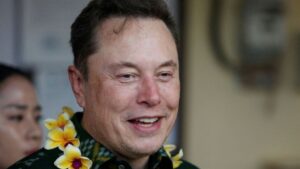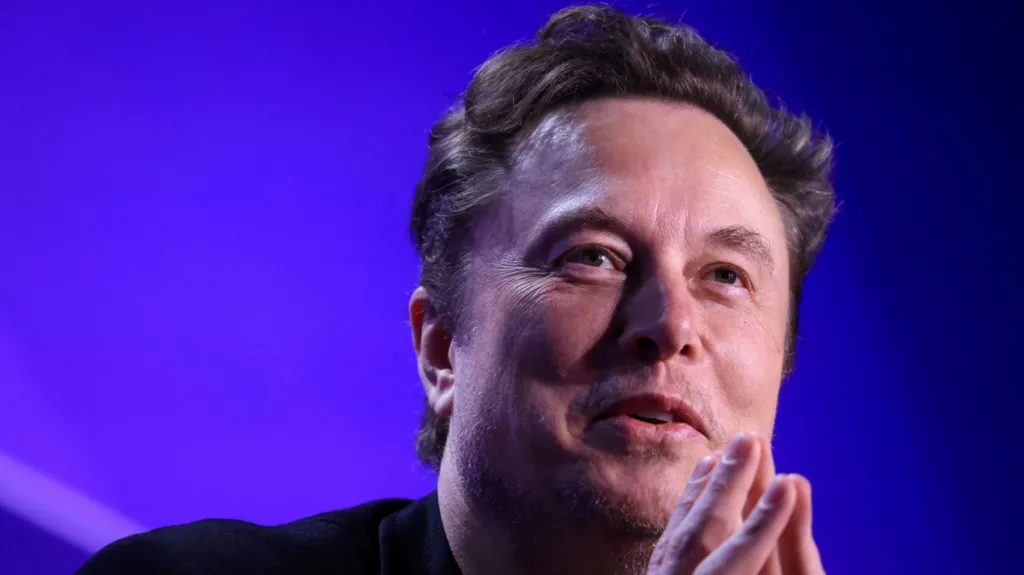Tesla shareholders have made significant decisions affecting the company, including approving CEO Elon Musk’s colossal $56 billion pay package and moving the company’s legal home to Texas. These decisions reflect Musk’s influence and the shareholders’ confidence in his leadership despite controversies and opposition.
The Unprecedented $56 Billion Pay Package
Musk’s Vision and Investor Approval
Tesla’s shareholders have given a resounding approval to Elon Musk’s unprecedented $56 billion compensation package. This move signals strong support for Musk’s leadership and vision. Musk, known for his ambitious goals and groundbreaking innovations, has consistently pushed Tesla to new heights. His pay package is structured around achieving several ambitious milestones in market capitalization, revenue, and profitability, each of which would significantly enhance Tesla’s value.
Musk’s compensation is deeply tied to Tesla’s success. This enormous package, criticized by some as excessive, is a testament to the belief that Musk’s leadership is invaluable. Many retail investors, who form a significant part of Tesla’s shareholder base, view Musk as a pivotal figure whose continued presence is essential for the company’s future. newsreporto
Opposition and Legal Hurdles
Despite the overwhelming approval from shareholders, Musk’s compensation package faces significant legal challenges. A Delaware judge invalidated the package earlier this year, calling it “unfathomable” and suggesting it was crafted by a conflicted board. This decision indicates ongoing legal battles that could impact the final outcome of Musk’s compensation.
Large institutional investors and proxy firms have also voiced opposition, citing concerns over corporate governance and the lack of independence in Tesla’s board. The California Public Employees’ Retirement System labeled the package as “excessive,” highlighting a broader debate about executive compensation and accountability.

Tesla’s Move to Texas
Strategic Relocation
Alongside approving Musk’s pay package, Tesla shareholders have endorsed the company’s decision to move its legal home from Delaware to Texas. This strategic relocation to Austin, Texas, is part of a broader trend of companies seeking more business-friendly environments. Texas offers numerous advantages, including lower taxes and a more favorable regulatory climate, which could benefit Tesla in the long run.
The move also aligns with Musk’s personal and professional interests, as he has already relocated to Texas and has other significant ventures there, including SpaceX’s operations. This geographical consolidation is likely to streamline operations and foster synergy between Musk’s various enterprises.
Impact on Operations and Culture
The relocation is more than just a change of address; it reflects a shift in Tesla’s operational and corporate culture. Texas’ business environment is expected to provide Tesla with more flexibility and opportunities for growth. However, this move also comes with challenges, including potential adjustments in regulatory compliance and maintaining Tesla’s innovative edge.
The decision to relocate has received mixed reactions from stakeholders. While some see it as a strategic move to enhance efficiency and reduce costs, others are concerned about the implications for corporate governance and the company’s long-term strategic direction.
Shareholder Influence and Governance Changes
Enhanced Shareholder Control
In addition to approving Musk’s compensation and the move to Texas, Tesla shareholders have also voted to increase their level of influence over the company. Key governance changes include shortening board terms to one year and lowering voting requirements for proposals to a simple majority. These changes, despite board opposition, are designed to enhance accountability and ensure that shareholders have a more significant say in the company’s strategic decisions.
These changes reflect a growing trend towards more active shareholder engagement and a push for greater transparency and accountability in corporate governance. By shortening board terms, shareholders can more frequently influence board composition and decisions, it are better represented to ensure that their interests.
Board Member Re-elections
The re-election of Kimbal Musk and James Murdoch to Tesla’s board was another significant outcome of the shareholder meeting. Both individuals bring valuable experience and perspectives to the board, but their re-election also highlights ongoing concerns about the independence of Tesla’s board.
Kimbal Musk, Elon’s brother, and James Murdoch, son of media mogul Rupert Murdoch, have been instrumental in supporting Musk’s vision for Tesla. However, their close personal and financial ties to Elon Musk have raised questions about the board’s ability to provide independent oversight. The re-election of these board members underscores the complex dynamics of governance at Tesla, where loyalty to Musk often intersects with broader governance principles.

Musk’s Broader Vision and Future Challenges
The Pathological Optimist
Elon Musk, often describing himself as “pathologically optimistic,” continues to inspire both awe and skepticism. During the shareholder meeting, Musk emphasized his relentless optimism and commitment to delivering results, stating, “If I wasn’t optimistic this wouldn’t exist, this factory wouldn’t exist.” This unwavering belief in his vision is a core part of Musk’s appeal and a driving force behind Tesla’s ambitious goals.
Balancing Multiple Ventures
Musk’s involvement in multiple ventures, including SpaceX, the social media platform X (formerly Twitter), and the AI firm xAI, raises questions about his capacity to manage Tesla effectively. Critics argue that Musk is spreading himself too thin, which could impact his ability to focus on Tesla’s challenges and opportunities.
Despite these concerns, Musk’s ability to juggle multiple high-profile ventures is often seen as a testament to his exceptional capabilities. His broad vision for the future, encompassing space exploration, artificial intelligence, and sustainable energy, continues to attract support from investors who believe in his long-term strategy.
Investor Concerns and Future Prospects
Tesla’s share price has experienced significant fluctuations, dropping about 60% from its 2021 peak amid slowing EV sales and Musk’s divided attention. These market dynamics highlight the challenges Tesla faces as it navigates a competitive and rapidly evolving industry.
However, the approval of Musk’s compensation package and the strategic move to Texas signal a strong vote of confidence in his leadership. Investors remain hopeful that Musk’s vision and innovative approach will continue to drive Tesla’s success, even as the company faces regulatory scrutiny, legal challenges, and market pressures.
Tesla’s Evolving Journey
The recent shareholder meeting marks a pivotal moment in Tesla’s journey, reflecting both the company’s achievements and the challenges ahead. The overwhelming support for Musk’s $56 billion pay package and the move to Texas underscore the strong confidence in his leadership and vision. However, these decisions also come with significant legal and governance challenges that will shape Tesla’s future trajectory.
As Tesla continues to innovate and expand, the interplay between Musk’s visionary leadership and the evolving demands of shareholders and regulators will be crucial. The path forward is filled with opportunities and risks, and the decisions made today will have lasting implications for Tesla’s future.

